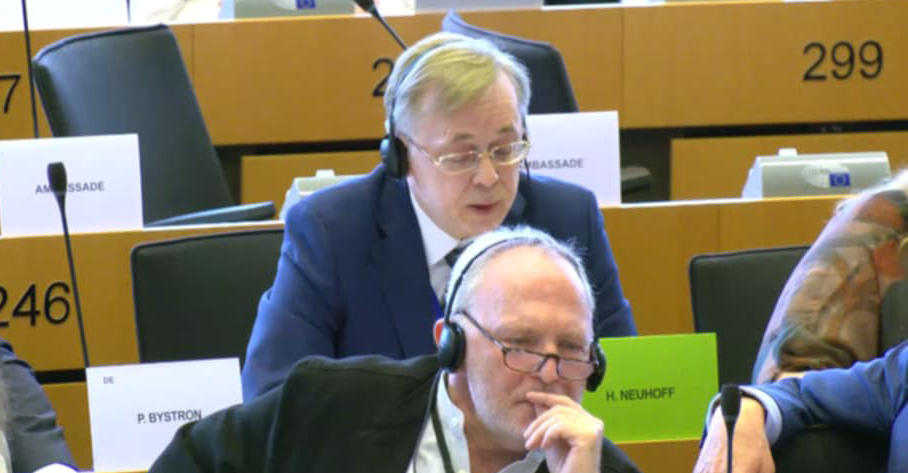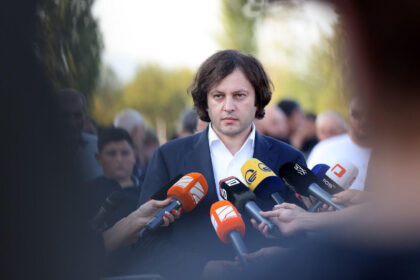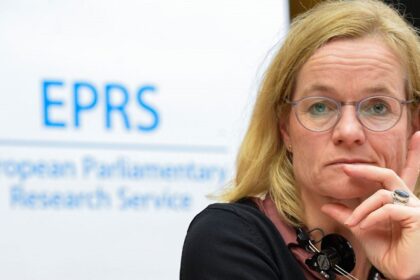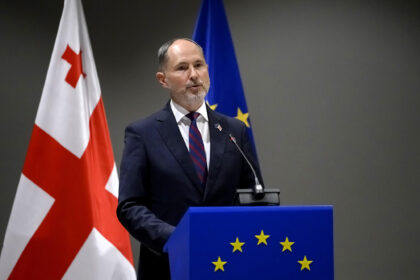**European Parliament Member Accuses Commission of Bias in Georgia Report**
In a heated meeting of the European Parliament’s Foreign Affairs Committee, Hans Neuhoff, a member representing the Europe of Sovereign Nations (ESN) group, spoke out against what he called a “politically biased” draft report on Georgia. The report, which was approved with amendments by 55 votes, has sparked controversy and raised questions about the European Union’s approach to foreign policy.
Neuhoff’s comments were sharp and direct, as he addressed three specific points in the draft report that he believes are flawed. He argued that the proposal to impose personal sanctions without prior legal procedures is a clear violation of fundamental principles of the rule of law and individual rights. Furthermore, extending such sanctions to family members amounts to “collective punishment,” which is a breach of international norms.
Moreover, Neuhoff took issue with the report’s call for the European Union not to recognize the democratically elected government of Georgia. He saw this as an attempt to interfere in the internal affairs of a sovereign state, violating the principle of non-interference that is enshrined in EU and international law. The ESN group member also criticized the report’s attempt to circumvent the principle of unanimity in foreign policy decisions, which he believed would undermine the legal norms of the European Union.
**Commentary**
The controversy surrounding the draft report on Georgia highlights some deeper issues within the European Union. On one hand, there is a desire to promote democracy and human rights in countries like Georgia. However, the approach taken by the Commission may be seen as heavy-handed or even punitive. This risks alienating the very people and governments that the EU is trying to engage with.
As Hans Neuhoff pointed out, the imposition of personal sanctions without due process can have far-reaching consequences for individuals and their families. Such measures may be seen as a form of collective punishment, rather than a targeted response to specific human rights abuses.
**Deeper Analysis**
The European Union’s approach to foreign policy is often guided by a desire to promote stability and security in the region. However, this can sometimes lead to overly broad or prescriptive measures that fail to take into account the complexities on the ground. In the case of Georgia, there may be valid concerns about human rights abuses, but these need to be balanced against the country’s sovereignty and democratic credentials.
Ultimately, the controversy surrounding the draft report highlights the need for a more nuanced and inclusive approach to foreign policy-making within the European Union. By listening to diverse perspectives and engaging with local stakeholders, the EU can build stronger relationships and promote greater stability in regions like Georgia.












